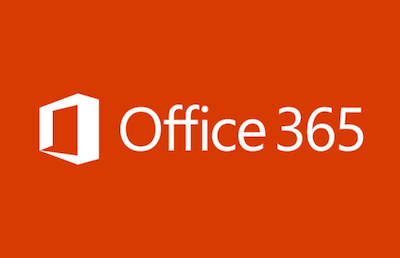Whether you’re ready to move on from a respected employer or deciding to finally get out of your toxic work environment, you may be wondering how best to leave your job. Despite any built-up resentment or frustrations, it’s always best to leave on good terms.
So how do you do this without burning a bridge? You cannot predict how your employer will react. If they’re great employers, they will respect your decision. But there is always a chance that you’ll run into an angry manager who reacts unpleasantly to you when you give your notice. Though we cannot control other people’s actions, we can control our own to minimise any negative impact on our futures.
Why does it matter to leave a job on good terms?
If you’re positive that it doesn’t matter if you burn a bridge, think again. Even if you’re switching careers, moving out of your current region, or completely dropping out of the workforce altogether, you never know when a burned bridge will come back to haunt you. Leaving your job on good terms will never harm you and may only help you. Here are only a few of the many examples of why:
- The references you typically count on are no longer available.
- Your plans to leave the job change and you need to fight to get your job back.
- Your supervisor knows people within your industry and could harm your professional reputation.
- You may wish to reapply to the company for a different role in the future.
- Your previous offer was revoked.
Here are the best tips for leaving a job without burning a bridge:
Give one month’s notice.
Even though the typical standard is two weeks, if possible, give one month’s notice to your employer. Filling an open position can take a lot of time. Plus, handing off your projects to other staff may take even longer. This is a huge courtesy for your company.
Commit to a comprehensive transition plan.
Planning ahead when leaving a job is vital. Be sure to create a solid transition plan so that the person who takes over your position will be set up for success. It may be hard to commit to such a venture and give it 100%, but it will pay off big time. Well, thought out transition plans rarely occurs because employees tend to check out after they provide their notice. Here are some tips to stand out as a stellar outgoing employee:
- Create a comprehensive folder on your workplace’s preferred online platform so that everything is in one place for the next employee.
- Ensure the folder entails as much direction as possible, especially when it comes to details only you would know.
- Include timelines and relevant documents like spreadsheets and memos.
- Search through your emails for any absent information that may have missed being filed in the correct location.
- Include a contact information sheet for relevant partners and clients to help the next staff member get settled and begin working quickly.
- Ask someone if your transition folder makes sense from an outside perspective.
Offer to speak with the incoming staff even when you’re gone.
The idea of leaving an organisation without any burned bridges is all about causing the least disruption possible. Offering your advice for future staff after you go is considered above and beyond and will surely be noticed.
Give an honest and respectful exit interview.
Good employers will always strive for better recruitment and retention. Leave behind positive and constructive feedback to your executive team to help them grow as a company. Even if you’re confident they won’t consider your input, give it anyway. You never know who else might review the data gathered from your exit interview down the line and consider your suggestions.
Pro Tip: Are you an employer looking to make the most out of your exit interview process? Check out 3 Underrated Ways To Help Fix Turnover Through Exit Interviews.
Always take the high road, no matter how difficult it may be.
Unfortunately, organisations do not always set up their employees for success. Sometimes there are bad apples within management, or simply, the company does not yet understand the factors ingrained within the culture that create a lousy work environment. Despite any frustrations, it will always benefit you more than not to be gracious and respectful. You can always get your anger out some other way.
Pro Tip: Are you an employer searching for a way to discover the best and worst of your organisation as a whole? Check out What The 360 Degree Feedback Model Can Do For Your Recruitment And Retention.
Wrapping Up
If you follow these best practices, you’re more likely to hold your professional relationships close, which will benefit you down the road. Remember to stay in touch with your former supervisors and colleagues. Networking is so important nowadays, and this is an excellent opportunity to expand your professional circle.
Pro Tip: For more on networking, check out What Is Networking And How To Go About It.









